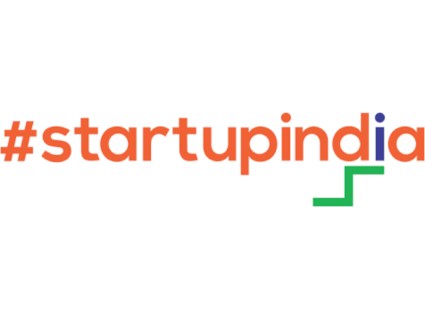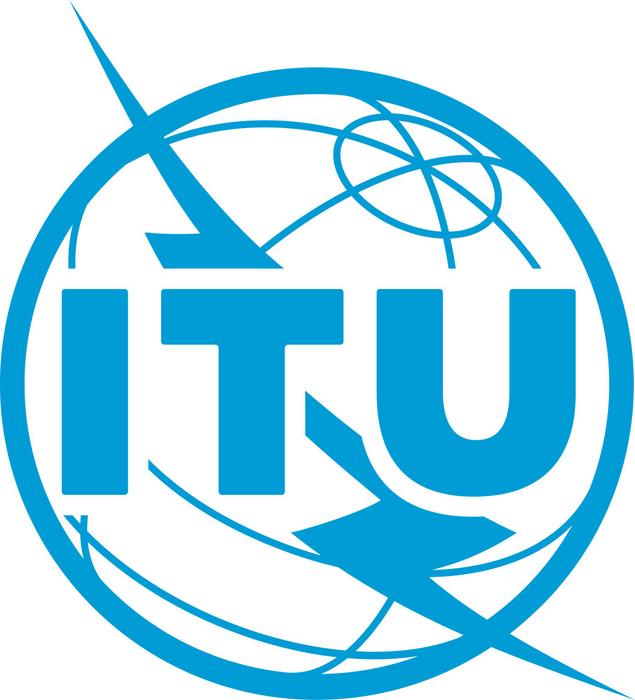India has established itself as the third-largest startup ecosystem globally, with over 1.57 lakh certificates issued by the Department for Promotion of Industry and Internal Trade (DPIIT) recognizing startups as of December 31, 2024.
The entrepreneurial landscape, supported by more than 100 unicorns, is transforming innovation and generating new opportunities across various sectors.
Major cities like Bengaluru, Hyderabad, Mumbai, and Delhi-NCR lead this transformation, while Tier II and III cities contribute significantly, accounting for over 51% of new startups. Government initiatives like Startup India have been instrumental in fostering this growth and empowering aspiring entrepreneurs.
Key Schemes and Initiatives for Startups
Startup India
Launched on January 16, 2016, Startup India is a flagship initiative aimed at promoting innovation and creating a robust startup ecosystem. Its objectives include driving economic growth and generating significant employment opportunities by supporting startups throughout their growth journey.
Progress and Impact:
– Startup Growth: The number of DPIIT-recognized startups surged from approximately 502 in 2016 to 1,57,706 by December 31, 2024.
– Job Creation: Startups have generated over 17.28 lakh direct jobs, with IT Services leading at 2.10 lakh jobs, followed by Healthcare & Lifesciences (1.51 lakh) and Professional & Commercial Services (96,474 jobs).
– Women-Led Startups: As of December 31, 2024, 75,935 recognized startups have at least one woman director, highlighting the rise of women entrepreneurs in India.
– Ease of Doing Business & Tax Benefits: Streamlined compliance processes and tax exemptions for three years have facilitated smoother operations for startups.
Startup India Seed Fund Scheme (SISFS)
Initiated in 2021 with a budget of ₹945 crore, the SISFS supports startups at various developmental stages, including proof of concept and market entry.
Progress and Impact:
– By December 2024, 213 incubators were approved under the scheme.
– A total of 2,622 startups received ₹467.75 crore in funding.
Fund of Funds for Startups (FFS) Scheme
Launched in June 2016 with a corpus of ₹10,000 crore, the FFS aims to enhance access to domestic capital for startups through investments in SEBI-registered Alternative Investment Funds (AIFs).
Progress and Impact:
– As of December 2024, ₹6,886 crores were committed to SIDBI by DPIIT.
– This commitment facilitated investments amounting to ₹21,276 crore across 1,173 startups.
Credit Guarantee Scheme for Startups (CGSS)
The CGSS provides credit guarantees for loans to DPIIT-recognized startups from various financial institutions.
Progress and Impact:
– As of January 3, 2025, the scheme guaranteed 260 loans worth ₹604.16 crore to 209 startups, including ₹27.04 crore allocated to women-led startups.
Atal Innovation Mission (AIM)
Launched in 2016 by NITI Aayog, AIM promotes innovation through initiatives like Atal Tinkering Labs and Atal Incubation Centres.
Progress and Impact:
– Over 10,000 Atal Tinkering Labs have been established.
– As of December 18, 2024, 3,556 startups were incubated in 72 AICs, creating 41,965 jobs.
MeitY Startup Hub (MSH)
The MSH aims to enhance India’s vibrant startup ecosystem by connecting technology innovators and promoting economic growth through innovation.
Progress and Impact:
– The hub includes over 5,310 startups, 495 incubators, and 328 labs.
India’s startup ecosystem has witnessed remarkable growth over the past decade, positioning itself as the third-largest globally. Government initiatives like Startup India and various funding schemes have been crucial in promoting innovation and job creation.
PIB







